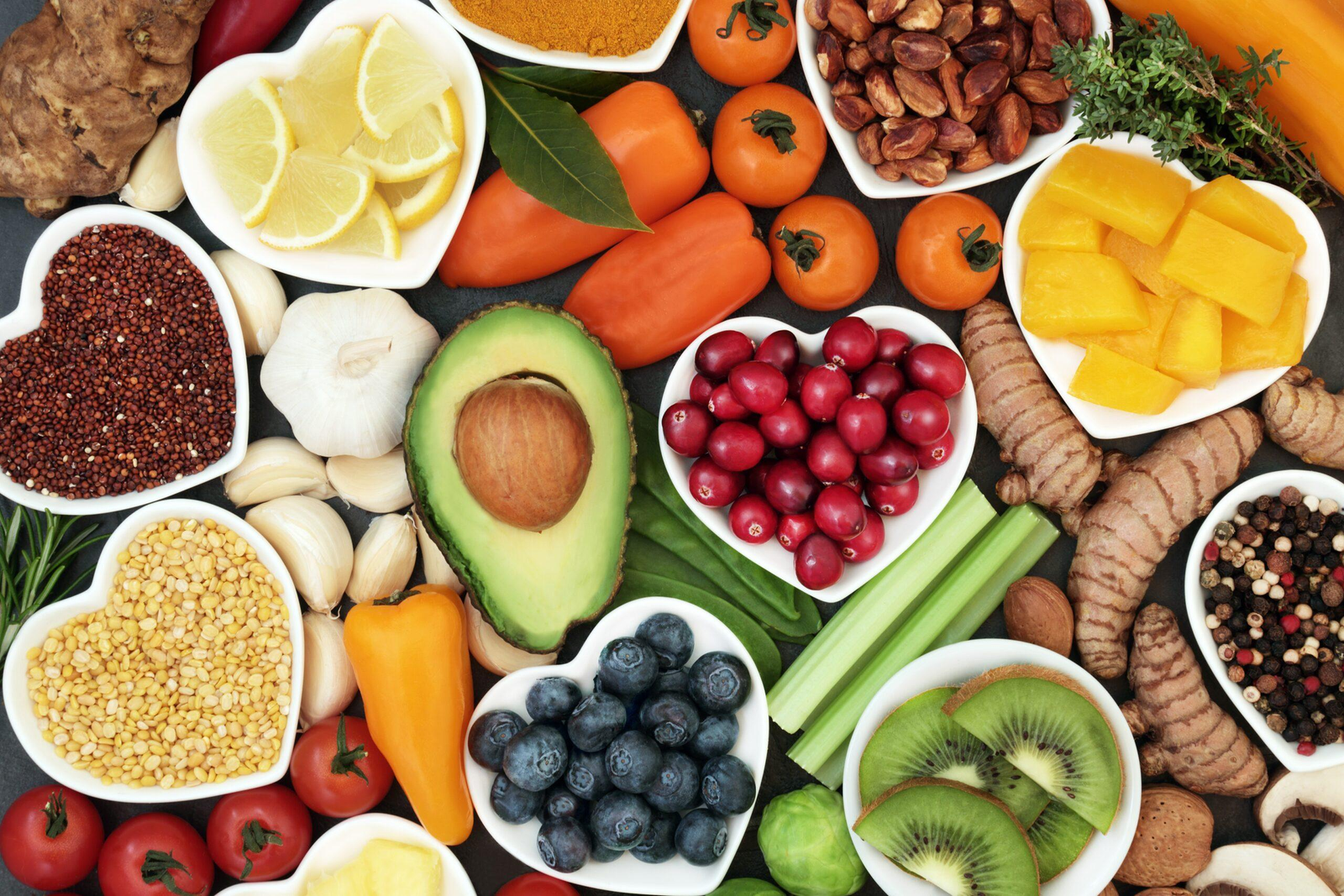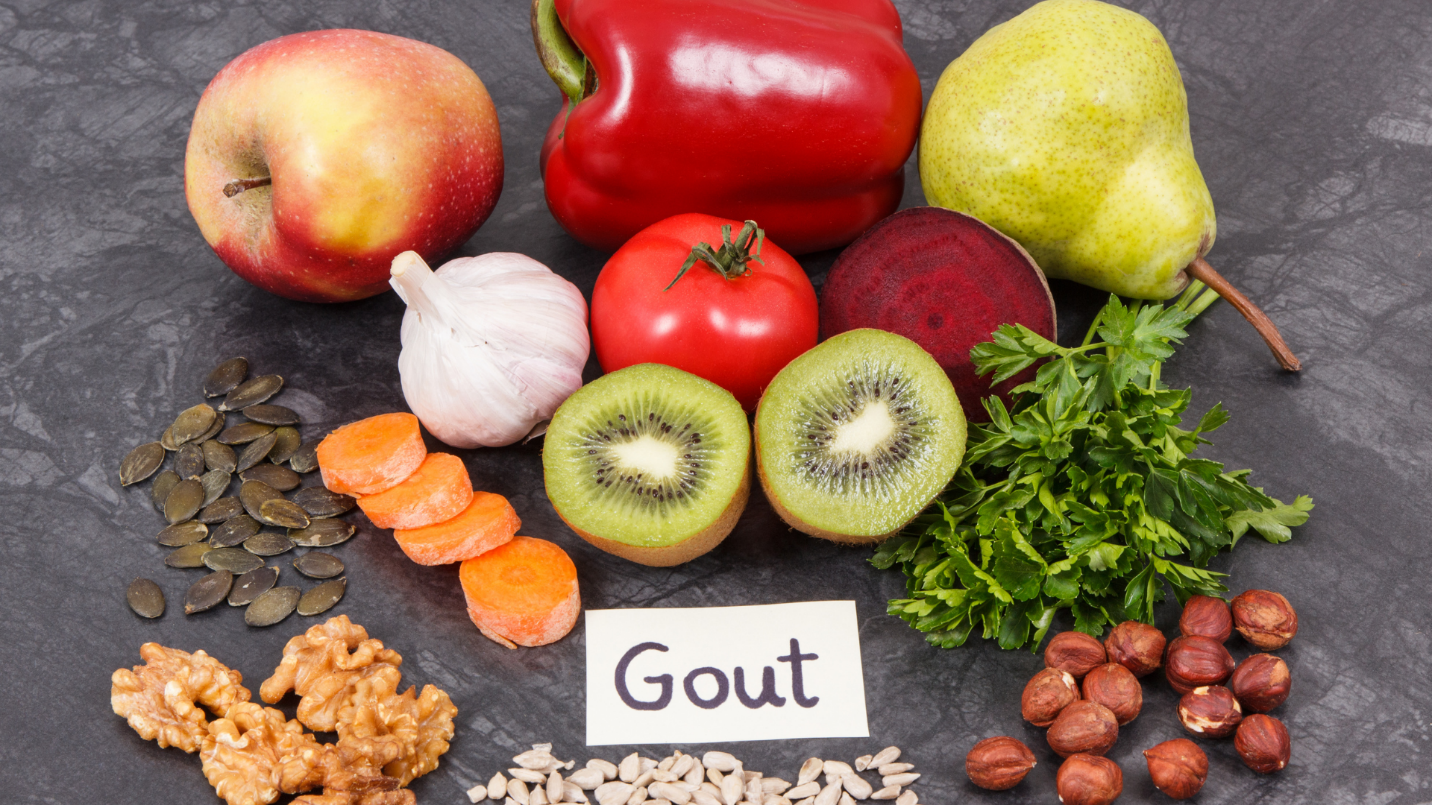Introduction: When it comes to managing psoriasis, it’s not just about creams, treatments, or medications. Your diet plays a major role in either aggravating or easing the symptoms of this chronic skin condition. From reducing flare-ups to managing inflammation, certain foods can help you feel better. But here’s the thing: It’s not about what everyone else says you should eat, but rather about what works for you.
Dr. Anthony Fernandez, dermatologist and psoriasis expert, explains how what you eat can help—or hurt—your psoriasis and why you might want to rethink your next meal.
The Connection Between Diet and Psoriasis
Psoriasis is an autoimmune condition where your immune system mistakenly attacks healthy skin cells, leading to itchy, painful plaques and scales. The result? Chronic inflammation that triggers the overproduction of skin cells. In some cases, it can even lead to psoriatic arthritis, which affects the joints.
Although diet doesn’t directly cause psoriasis, what you eat can affect the inflammation that leads to flare-ups. Dr. Fernandez emphasizes that a poor diet, rich in processed foods, sugars, and unhealthy fats, can contribute to inflammation, making your psoriasis worse. Additionally, excess body fat is another contributor to inflammation. So, losing weight can significantly improve psoriasis symptoms.
What to Eat (And Avoid) for Better Psoriasis Management
Dr. Fernandez advises that, while diet alone won’t “cure” psoriasis, it can improve symptoms and even reduce your need for medication. Below, we break down the foods that can help—and the ones that could trigger flare-ups.
Foods to Avoid:
While it’s tough to pinpoint exactly which foods cause flare-ups for everyone, there are some general no-no’s that tend to trigger psoriasis symptoms for many:
Alcohol – A common trigger for many psoriasis patients. It can worsen inflammation, mess with your immune system, and even interfere with your medication.
High Glycemic Foods – Foods like white bread, soda, and doughnuts that are high in sugar and refined carbs can increase blood sugar, leading to inflammation.
Fried and Processed Foods – Anything with high levels of saturated fats or trans fats, like fried chicken or chips, is a big red flag for psoriasis sufferers. They contribute to obesity and inflammation.
Red and Processed Meats – Think steak, bacon, and hot dogs. While they can be delicious, they also promote inflammation and have a high fat content, which doesn’t do any favors for your skin.
Ultra-Processed Foods – Foods like frozen meals, candy, and sweetened cereals are often loaded with sugar, salt, and chemicals, all of which can boost inflammation.
Dr. Fernandez explains that these foods can lead to increased body fat, which triggers more inflammation, making psoriasis worse in the long run. So, if you’re managing your psoriasis, try limiting these offenders!
Foods to Embrace:
When it comes to psoriasis, anti-inflammatory foods are your best friend. Here’s a list of foods that can help calm inflammation and possibly reduce the severity of your symptoms:
High-Fiber Fruits and Veggies – These provide important vitamins, minerals, and antioxidants. Leafy greens, blueberries, and carrots are all great options.
Omega-3 Fatty Acids – Found in wild-caught salmon, mackerel, and flaxseed, omega-3s are known for their powerful anti-inflammatory properties. Chia seeds and walnuts are also good sources.
Healthy Fats – Foods like avocados, extra-virgin olive oil, and walnuts are high in monounsaturated fats, which help reduce inflammation.
Quality Protein – Beans, lentils, Greek yogurt, and eggs provide essential protein without promoting inflammation.
Vitamin D – Often used in topical psoriasis treatments, vitamin D can be found in foods like beef liver, egg yolk, and Swiss cheese.
Turmeric – Known for its anti-inflammatory properties, adding turmeric to your dishes might help fight the inflammation linked to psoriasis.
The Mediterranean Diet: A Psoriasis-Friendly Solution
When it comes to a psoriasis-friendly diet, you don’t need to reinvent the wheel. The Mediterranean diet is a popular choice, and for good reason! It’s full of anti-inflammatory foods, healthy fats, and lean proteins—all things that can help reduce the severity of psoriasis symptoms. Plus, it’s heart-healthy and good for overall wellness, making it a win-win for both your skin and your body.
Dr. Fernandez explains that the Mediterranean diet is low in fat, low in calories, and full of natural foods that support your immune system and help you manage weight. A diet like this can have a long-term positive impact on your psoriasis.
The Bottom Line:
While there’s no “one-size-fits-all” solution for psoriasis, diet plays a key role in reducing inflammation, managing flare-ups, and improving your overall health. Focus on anti-inflammatory foods, stay active, and work with your healthcare provider to create a nutrition plan that suits your individual needs. And remember: You don’t have to go it alone—together, you and your doctor can figure out the best approach to manage your psoriasis and feel your best.
Call to Action: Do you have any favorite anti-inflammatory foods that help your psoriasis? Let us know in the comments below! And don’t forget to check out our other articles on how diet and lifestyle can support your skin health.




